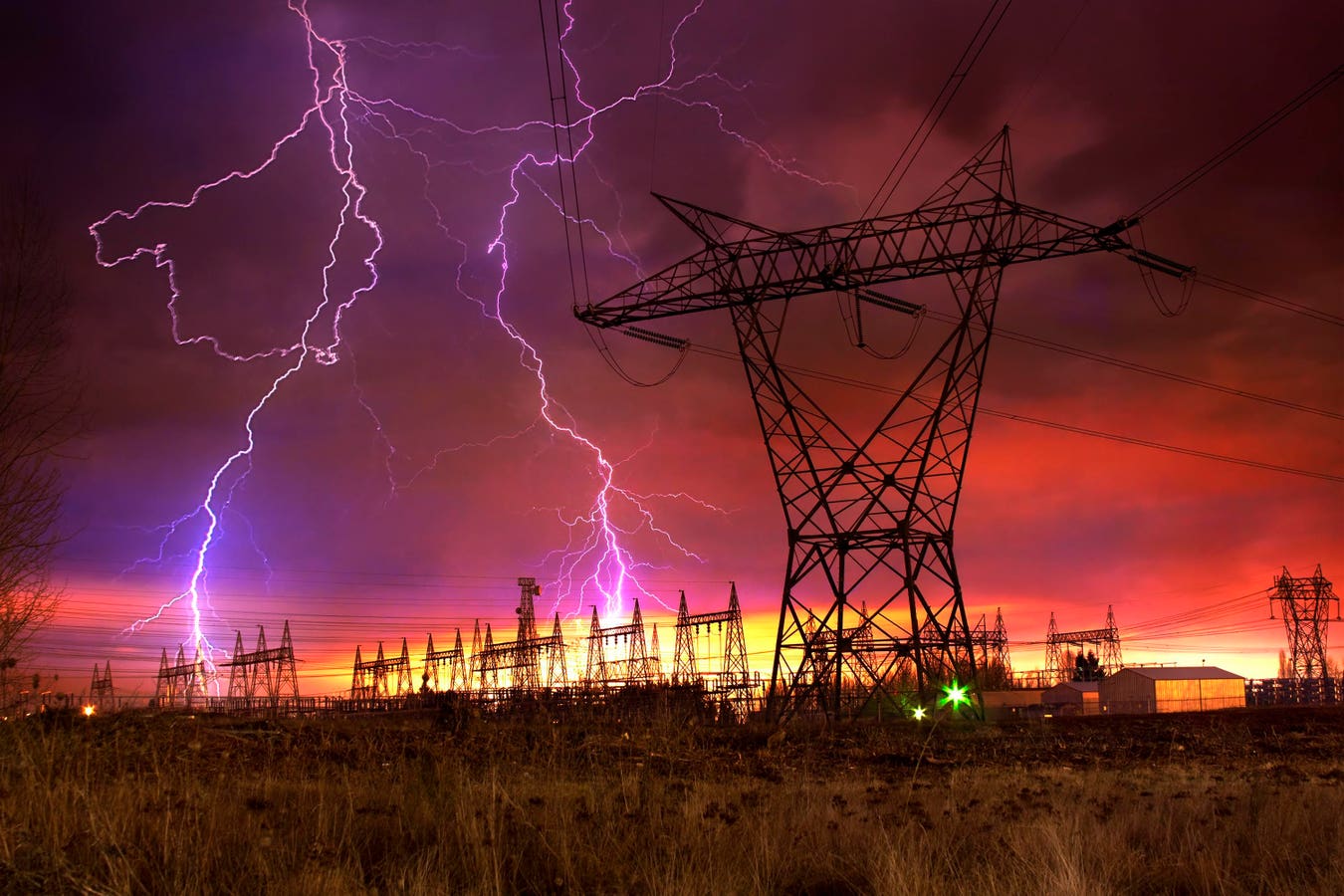
One of the largest Brazilian electric utility companies, EDP, is ramping up the use of technologies such as artificial intelligence to tackle challenges related to climate change as core elements of its strategy.
A subsidiary of Energias de Portugal in Brazil, the company plans to invest 30 billion reais ($5.8 billion) in the Latin American country until 2027. Moving beyond traditional energy sources is a goal for the business, as well as increasing efficiency to deal with the complexities imposed by the climate crisis, according to the company’s head of innovation, Rafaella Faturetto.
“We believe that innovation is key to the energy transition, and accelerating the business while overcoming the challenges we face when moving towards that goal,” EDP’s executive said on the sidelines of the innovation conference Web Summit, which took place in Rio earlier this month.
According to Faturetto, the innovation strategy at EDP relates to business goals such as decarbonization, electric mobility, and generation of renewable energy, among other themes related to the energy transition.
The innovation team works alongside business areas to ramp up efficiency through digital transformation and bringing in new technologies to the operation. “We are looking towards the future without losing sight of our efficiency goals: that is so we can reap tangible results to open up space to focus on what lies ahead,” Faturetto said.
The impact of climate change
Extreme climate events have escalated in Brazil, with events such as major thunderstorms with winds higher than 100km/h that hit São Paulo- Brazil’s largest city – in November 2023. Over 4 million homes were left without electricity for several days, with utilities firms struggling to reestablish supply. The National Electrical Energy Agency (Aneel) described the event as “extremely critical” and of high complexity to sector companies since power distribution networks can only withstand storms of up to 80km/h.
To deal with an increasingly intricate scenario, the company has been focusing on technologies such as artificial intelligence to improve the management of its field operations, alongside weather forecasting capabilities.
Rafaella Faturetto, head of innovation at EDP Brazil
EDP
“The idea is that [in the face of extreme climate events], we can be proactive rather than reactive because energy is something fundamental. [When there is a power cut], we have to be able to reestablish services as soon as possible,” Faturetto said.
“We already use weather forecasting, but are focused on how AI can help in terms of helping us anticipate events so that field teams can work more efficiently,” she added.
EDP has publicly committed to reducing its emissions intensity by 85% by 2032 compared to 2017 levels, which will result in a reduction of approximately 8 million tons of greenhouse gases in absolute terms by the end of the period.
To achieve this, the firm will take measures to cut direct and indirect emissions related to energy consumption and its operations. It will shift to a 100% renewable energy generation matrix, electrify its entire light vehicle fleet in Brazil, promote the trading of renewable energy within its portfolio, and decrease technical and commercial losses in distribution.
According to EDP’s innovation head, predictability is crucial at a time when the company is increasing the sources within its energy matrix as well as assets, such as solar power plants: “We know that the future is green, and energy will have to come from clean sources, and we are using technology to support that transition,” Faturetto noted.
Solar power focus
EDP’s goal is to reach 530 MWp of installed solar capacity by 2026 with an investment of 2.3 billion reais ($449 million). Currently, the firm has 88 distributed solar generation plants in Brazil, with a total installed capacity of 254 MWp. Of that total, 55 plants (138 MWp) are already operational, and another 33 plants (116 MWp) are under construction.
In that context, using advanced technologies for predictive maintenance has also become crucial. “Since solar panels are exposed to harsh weather conditions, we have to work differently, so advanced technology will be central to the way we maintain our assets,” she said.
According to Faturetto, EDP’s solar farms are distributed differently from traditional power plants. “They are more spread out, and that distributed energy generation means we need to make intensive use of Internet of Things (IoT) sensors to remotely control the whole operation,” the executive pointed out.
While EDP’s main focus in the context of the energy transition has been solar, the company is looking at other sources, such as geothermal energy, whereby electricity is generated by harnessing steam from deep underground hot water reservoirs.
“[Geothermal power] is the next big trend in the sector, and we see a huge potential for it in Brazil, as technologies to access that source have evolved quite a lot in recent years,” EDP’s innovation head said.
When commenting on the greatest threats to the business, Faturetto emphasized the transformation the energy sector is undergoing. “It is not just about the energy transition and decarbonization: in Brazil, we are approaching a liberalization of the market that changes sector dynamics and also gives us the opportunity to rethink things,” she said, referring to the deregulation of the sector to allow multiple companies to compete, offering consumers the choice of various suppliers.
“The climate conditions are our greatest challenge: how to renew infrastructure that is often old, how we are going to maintain our assets, and provide services to our clients in immediacy scenarios are our main concerns,” Faturetto noted.
To address these challenges, in a year’s time, EDP expects to have more concrete cases of applied AI in the business. “Today, we are expanding these initiatives and have a lot of discussions about what it could be – but we are, little by little, experimenting with technology to address these core areas of improvement in the operation,” she concluded.
